This is the exciting time of year when camera manufacturers start to make significant announcements. As a Nikon user, the new Nikon 850 has definitely piqued my interest and that of many others too. That's an understatement.
Sure, it is exciting to get a new lens, camera or accessory. There are a few myths that may be good to consider before shelling out the cash. Conversely, there can be compelling benefits when you need to add to your photography arsenal.
Do I sound conflicted? Absolutely! That's part of the fun too. Making decisions to stick with what you have. Making decisions to add the latest camera or lens. The good news is that you get to decide when and if you want to make an investment or change.
Let's explore some of the myths. We'll contrast the myths with a few benefits with a little humor mixed in. Feel free to weigh in with your opinion too.
New gear is better than old gear
Ask any photographer who has a favorite, go-to lens that's sharp and battle-tested, if they would trade up to the newer model. Unless there is something that is so new, so different and so needed, that go-to lens will be held on to for a long time.
The same is true with cameras. I see professional photographers with digital cameras that are several years old. Their images are sharp, rich and fantastic and rival images with today's cameras.
The average photographer's salary is in the 40,000 range per indeed.com. Lenses and cameras can take a big bite out of an annual salary.
The decision to add a camera needs to be weighed with features, functions, return on investment and your budget.
New gear will make you a better photographer
You can't buy your way into being a good photographer. Building skills as a photographer and artist requires work, rework, patience and trying new techniques.
As your technical and composition skills grow, it is easier to take advantage of and apply new technology features in your work.
I'm not saying that all gear is equal. There are differences in quality, sharpness, speed and other features. Many of those differences may have a higher price tag. As someone that has used multiple telephotos over extended periods of time, I have experienced solid quality with kit lenses, Tamron and Sigma Telephotos lenses and would recommend them. I've had my Nikon 500 f/4 FL ED for a year and I'm a huge fan of this lens.
Each of my purchases have been solid decisions for what I could afford at the time.
Before buying lenses, I did my research on the various camera and lens manufacturing sites, technical review sites and also looked at images produced with the lenses from other photographers.
Check out: How I researched my latest lens purchase to evaluate cameras, lenses and their performance.
New gear is easier to use
Definitely true. Definitely not true. I sound conflicted again.
Some new gear is easier to use. It may be lighter in weight. It may be more intuitive as you already have a base of knowledge to apply in your new purchase. Newer technology and gear may be faster, sharper and compact.
Or, there may be just the opposite. I recently acquired the Lensbaby Velvet 56mm which is an all manual art lens. I love it! However, it really is an all manual lens. There is no autofocus, the aperture f/stop is adjusted manually by turning the dial on the lens. The lens also required a couple of steps to be recognized by my camera. In summary, it is more work. But it is fun, it has tapped in to some creativity and worth the learning curve.
With new lenses and cameras , here may be more bells and whistles. These new changes come with a learning curve. Camera manuals need to be reviewed. Buttons are not in the same place and your memory has to be retrained. Plus, there's practicing with your new gear so you know how it will operate in various conditions.
The New Features Won't Get Used
This one is up to you. If you're planning to upgrade your new camera or lens, what are the features you are looking forward to using? If you don't know, wait until you've had a chance to read reviews, research and talk with a few photographers. Will the new features bring value to you and your specific type of photography?
The Only Way to Make Money as a Photographer is to Sell Your Gear
Yes, I'm being a bit tongue in cheek here. It is harder to make money as a photographer selling prints these days. Websites, printing companies, online retailers provide hhigh-qualityprinting to professional and non-professional photographers. More people are choosing to use their own work versus buying images from artists they may not know.
You can make money as a photographer, without selling your gear. Find creative methods to reach others in your local communities. Host workshops, networking events, participating in non-profits (yes donating your time/work here) that are connected with your type of photography. If you are a good writer, blogging and writing to complement your work is another method.
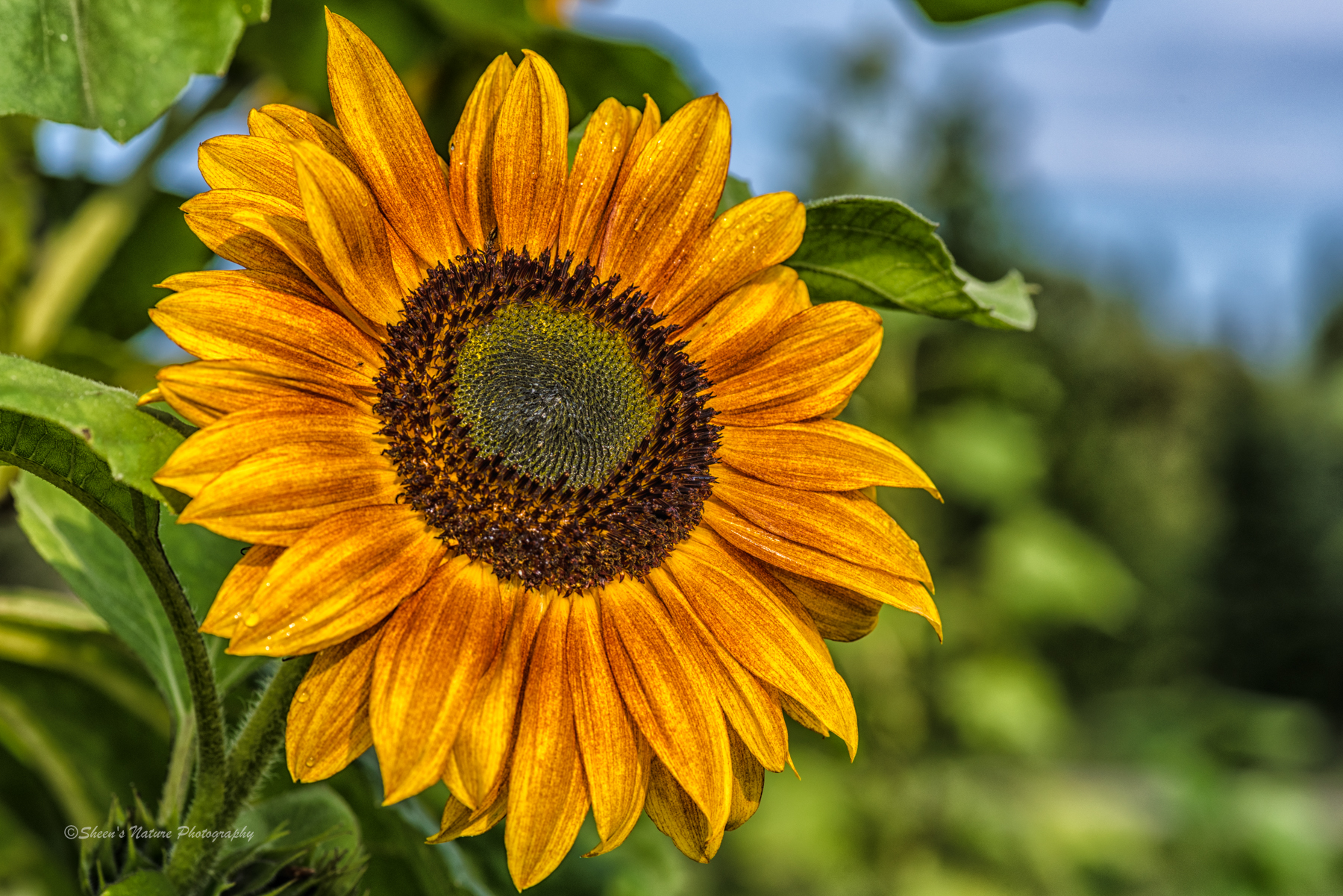
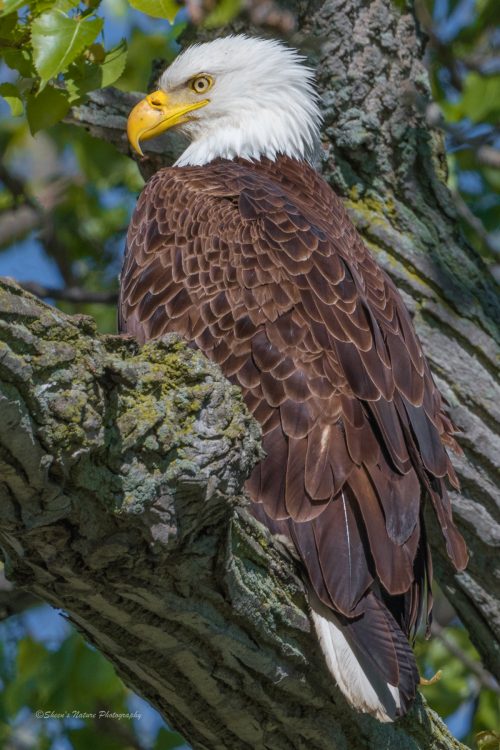
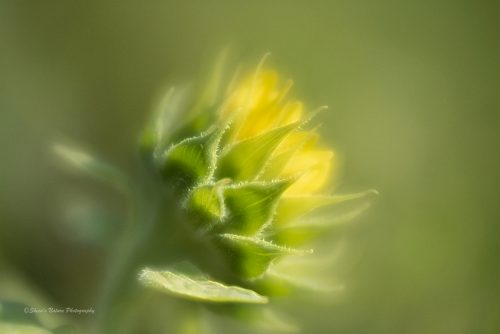

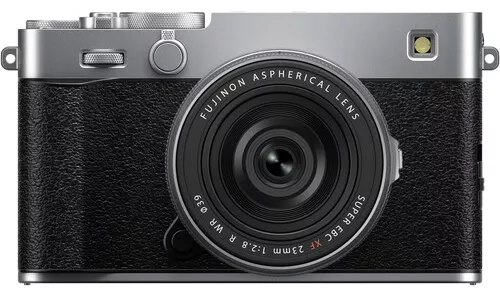
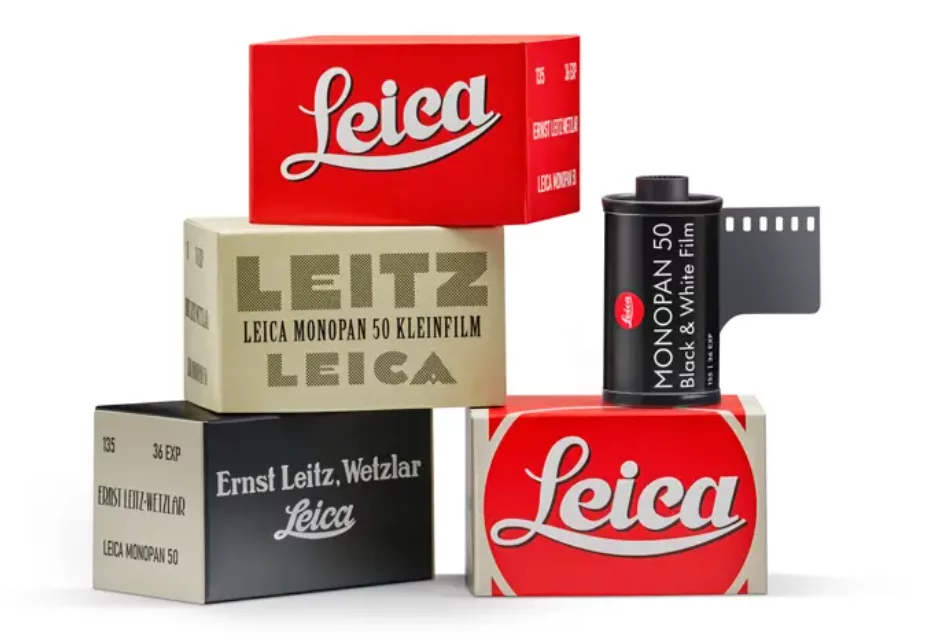


2 Comments
I already have a D810 – the results it produces are outstanding – the “new features” of the D850 aren’t a sufficient reason to junk a relatively new and perfectly good camera – and several of them have no appeal whatsoever, to me. In fact, one of them is a reason NOT to make the change.
What’s my beef? Well I’ve been taking photos for the past 65 years. For a VERY long time, my mainstay camera was a top of the range Zeiss camera. In between, I’ve had the pleasure of using any number of other cameras. At this stage in my life, I have made a conscious decision to explore digital and abandon analogue photography – not because I am no longer interested in analogue, it’s served me well and I’ve had a great deal of fun and success with it. But as I near the end of my life, I thought it was time to give the other team a really serious try out, and see what I can do with it. So I sat down and worked out what I would need, to do that. And with the D810 and my other cameras, and the rest of my gear, I pretty well have all that I want – for the purpose I am pursuing.
It was suggested to me that it might be a good idea to get the D850 anyway, as a spare body – after all, the main outlay has been in top quality lenses and they NEED a Nikon body. OK – fair enough – and I might yet live long enough for that to be a sensible suggestion – then again I might not. But looking at that suggestion, I’d do just as well picking up a new D810 body cheap in a run out sale as the D850 takes over its role in the market place, and save myself several thousand dollars.
I have invested in great lenses over the past number of yrs. NIKON 300 f2.8 vrii that has been my go to wildlife lens with TC’s. I also bought a used 200-400 f4 for its Zoom flexibility for sport and wildlife. 24-70. I need to upgrade my Sdigma 70-200 with a NIKON 70-200 f2.8 and want to buy a wide angle for landscapes. My D4s and D800 serves my needs and I might add a D500 to allow for the use of the DX crop on my 300 f2.8 with 1.4 TC. The size and speed of this combination is fantastic and relative compact and light for air travel. My point. Building and investing in a system and add to improve the the versatility of your system. Don’t just buy because it is the latest